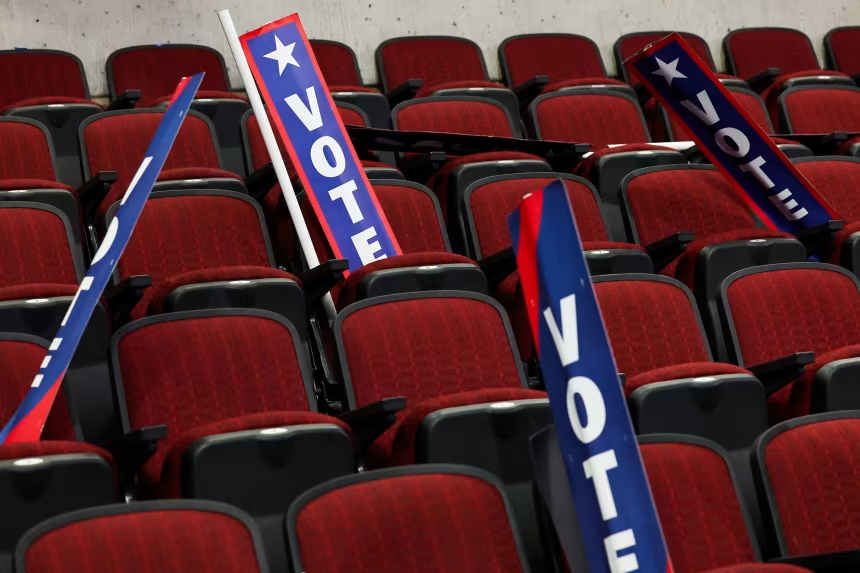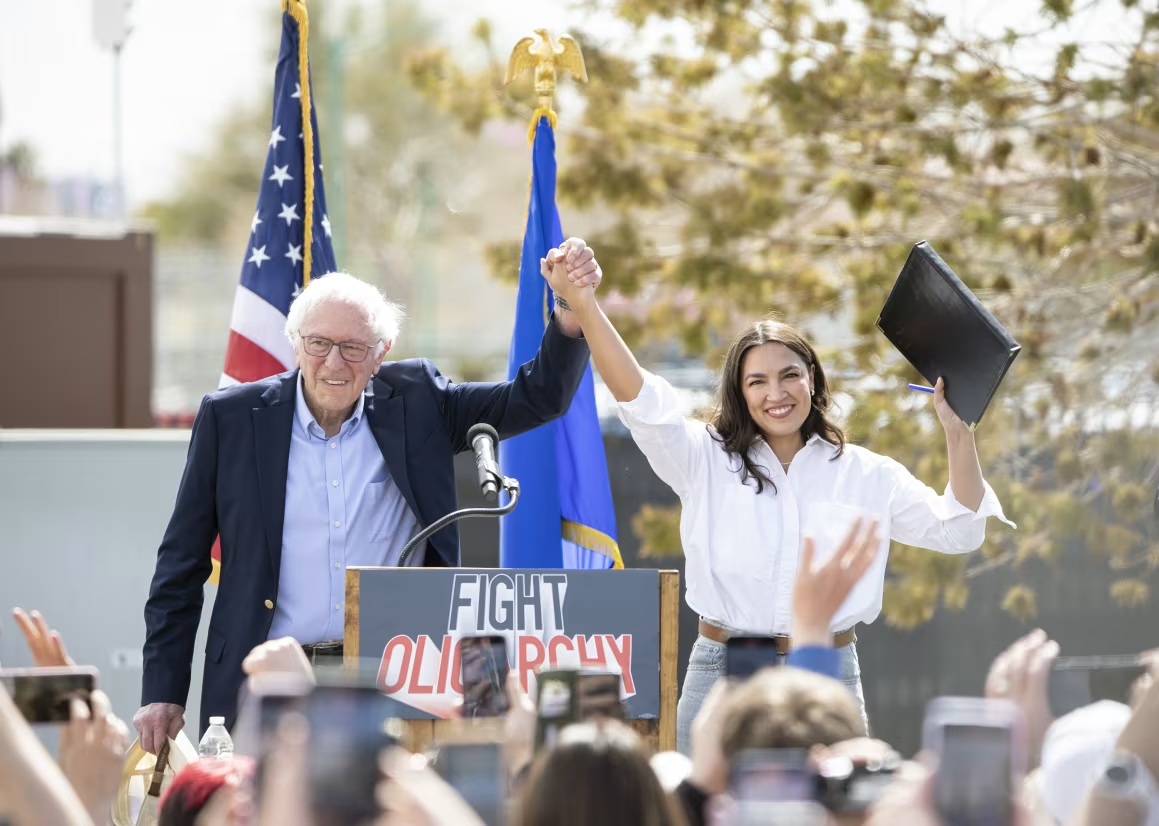The Democratic National Committee’s summer meeting in Minneapolis on August 26 highlighted deep divisions inside the party as members debated how to handle two contentious issues—the war in Gaza and the national conversation on crime.
On Gaza, progressives pushed for a strong resolution that called for an arms embargo on Israel and recognition of Palestinian statehood. That effort fell short, as many party leaders worried about alienating traditional pro Israel supporters. DNC Chair Ken Martin offered a more moderate resolution supporting a ceasefire, the release of hostages, humanitarian aid for Palestinians, and backing for a two state solution. While the resolution initially passed, Martin later withdrew it and instead created a task force to give members more time to debate and to prevent open splits within the party.
The debate underscored how Gaza has become one of the most divisive issues for Democrats. Progressives argue the party must take bold moral leadership, while moderates want to avoid alienating swing voters and longtime allies. For now, the official party position remains unsettled.
At the same meeting, Democrats also wrestled with how to talk about crime heading into the 2026 midterms. Party strategists and policy experts urged leaders not to adopt Republican “tough on crime” language, warning it risks alienating key urban and youth voters. Instead, data shows that most Americans are more concerned with everyday issues like gun violence, homelessness, and mental health than with high profile stories about migrant crime or carjackings.
Progressive leaders such as Rep. Summer Lee, Sen. Tammy Baldwin, and Baltimore Mayor Brandon Scott were highlighted as examples of Democrats framing public safety around community investment, equity, and prevention rather than punitive crackdowns. Advocates argue that this approach not only aligns with Democratic values but also resonates more with the realities facing voters.
The DNC meeting made clear that Democrats are still searching for common ground. On Gaza, they postponed a clear stance in hopes of preserving party unity. On crime, they signaled a move toward messaging that focuses on solutions rooted in equity and safety rather than fear. With the 2026 election cycle already taking shape, these unresolved debates will play a major role in how the party defines itself to voters.



